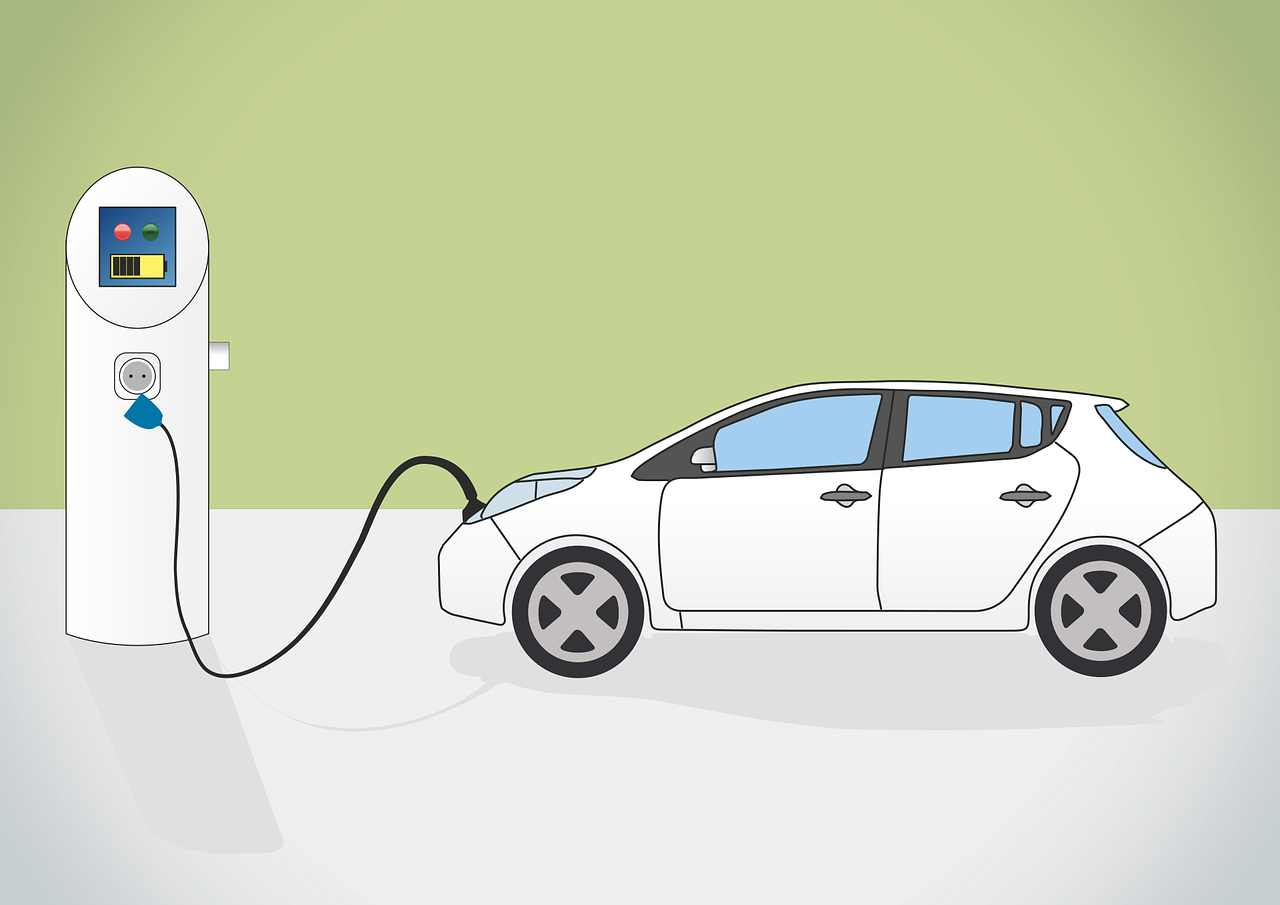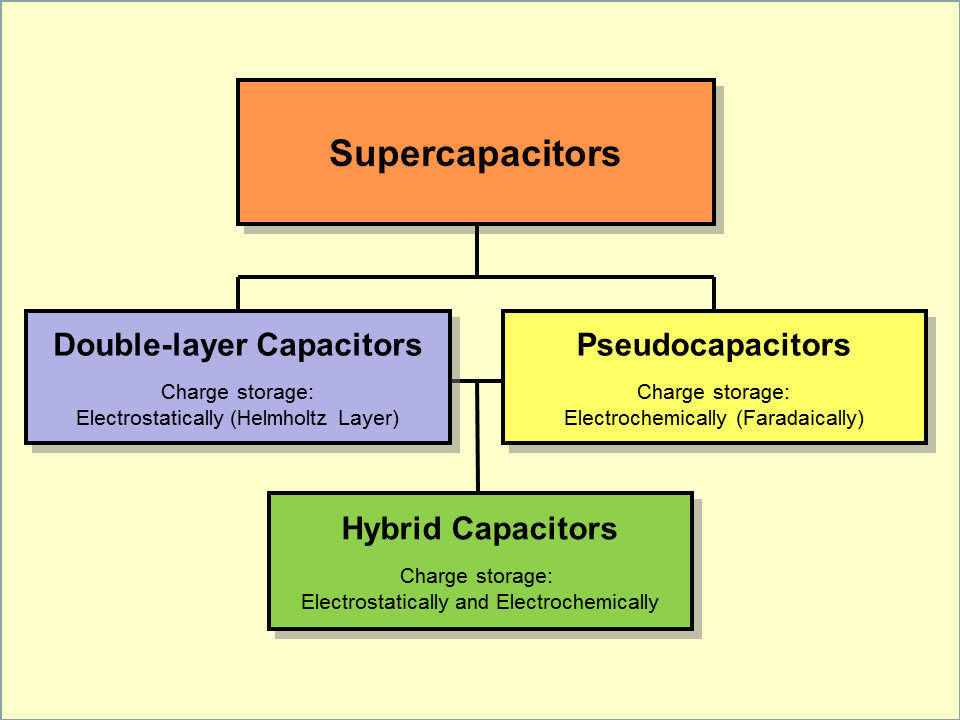The rise of technology research into replacing fossil fuels and decarbonizing the economy has become more prevalent in the recent years. Although most people are oblivious to how much gas and battery usage they may go through from a day to day basis, researchers have progressed into finding a solution to minimize or even replace the use of such fossil fuel usage and how energy is stored.
Even with the price of fossil fuels staying at what is now known as their ‘normal’ level in today’s standards and coming down from the previous extreme prices, electric powered cars have slowly made an impact on how we view fossil fuels; the cost/demand, and the harm we do using them.
Supercapacitors: Up and Coming Replacement
Supercapacitors, also known as ultracapacitors or electrochemical capacitor, are rapidly growing in popularity and are significant for powering electric cars and storing renewables. Much like most believe, we also believed electric cars are just simply ran by a battery device of some sort. But unlike batteries, which store energy chemically, electric car use supercapacitors. They have the ability to charge quickly and are good for rapid bursts of power.
Ultracapacitors not only have a super fast charging time, but have another advantage over batteries, which is their life cycle, with charges and discharges of up to a million times (don’t get that confused with their life expectancy which we will get to). They are currently used to start car engines and also have the capability of providing top-up power when it comes to supply and demand on national electricity grids.
At the moment, ultracapacitors have no issue when it comes to charging small devices, such as; power tools, phones, etc. but more of a problem when it comes to cars. The problem being that they cannot store as much energy as batteries, which indefinitely means they run out of juice and need a recharge in such a short period of time. Reassurance comes with Professor Andrea Balducci, Friedrich-Schiller-University of Jena in Germany, has admitted to a game changing device in the coming years of a combination with lithium-ion batteries and supercapacitors in vehicles. She believes not only will this help on an environmental stand-point, but as an economic boost, these technologies will be huge to benefit from.
Skeleton Technologies
Skeleton Tech is a firm working on making the fast charging ultracapacitors last longer. Their products are already used in hybrid vehicles and are more focused on using them in buses and trucks. Skeleton has found a costumer with the European Space Agency to use their ultracapacitors in their satellites. The CEO of Skeleton Technologies had reported that their supercapacitors can deliver four times more power than anything else currently on the market, largely due to the use of graphene material.
The use of graphene material is what sets this company apart from others. Not only does their ultracapacitors produce four times the power, it also has a higher energy density of up to twice as much as others. For example, only one gram of graphene material covers a surface area of 2,000 square meters.
Think about that for a second, only two grams can cover up to the size of a soccer field. The company looks to help save energy and reduce CO2 emissions. They say ultracapacitors will impact industries, from bus and truck, green and renewables, industrial equipment and vehicles. Skeleton aims to make electrification cheaper and to bring it to more people around the world. Although this may not solve all our problems, they are making the right step towards fighting climate change.
Implementation of Supercapacitors
A ten-million-euro prize was set by the European Commission to help develop a new battery for electric vehicles. This challenge will put forth the efforts of companies, such as Skeleton, to develop a battery or energy storage that will be able to be charged in a few minutes, and allow the same driving range standard cars have. Elon Musk has said to believe that ultracapacitors will be the future of vehicles.
Within the next 5 to 10 years, the fast charging unit will literally be fully charged in just seconds at a charging station, and have the initial driving range of new cars available today. With the exciting prize and future of our interactions in day to day life at question, it is only a matter of time before supercapacitors becomes a reality, and they are believed to become that reality within the next decade.








